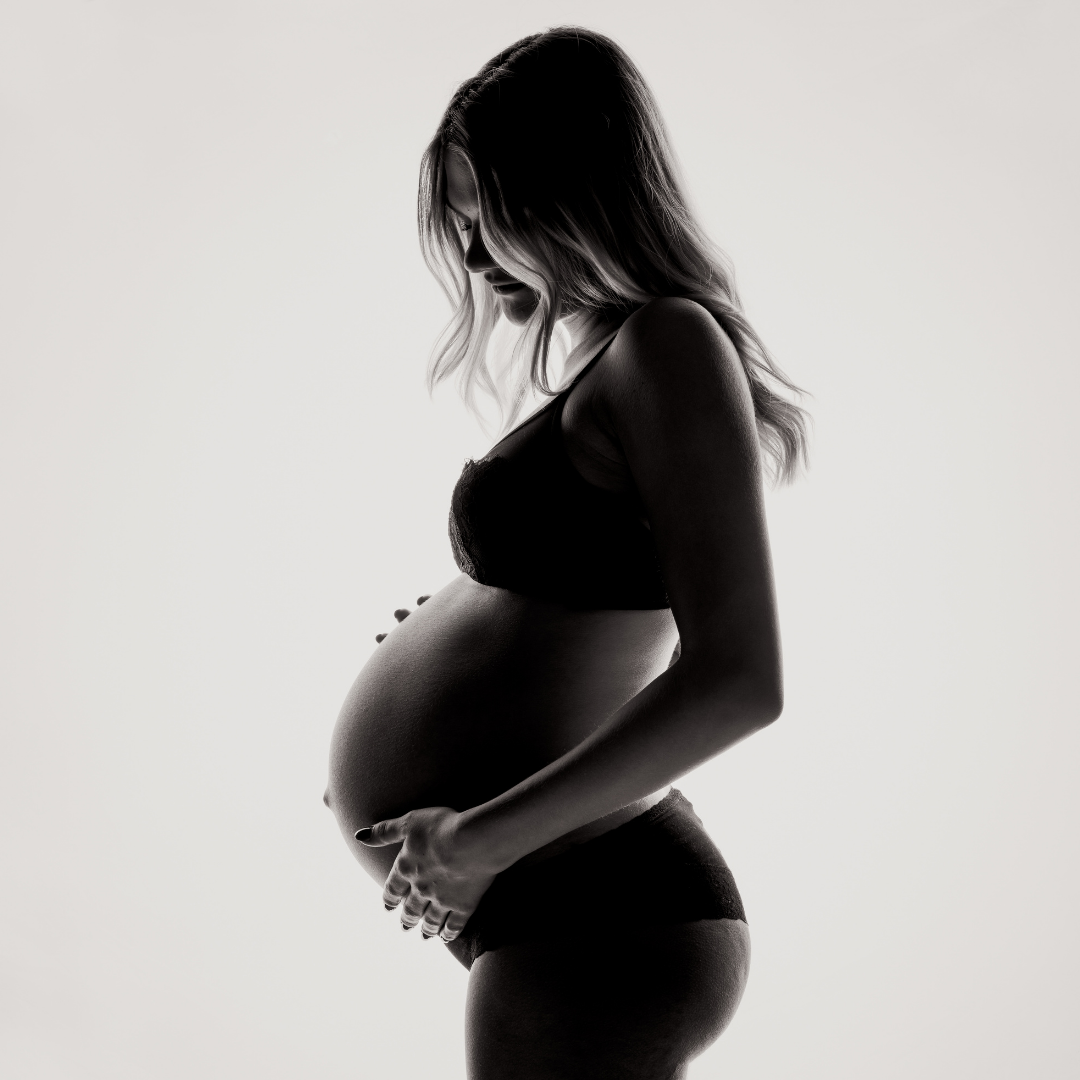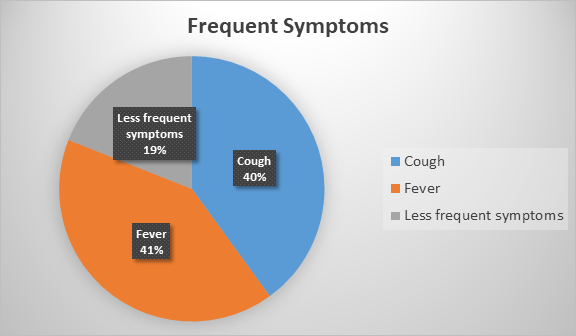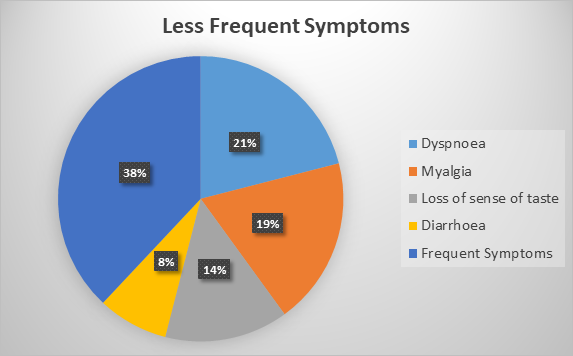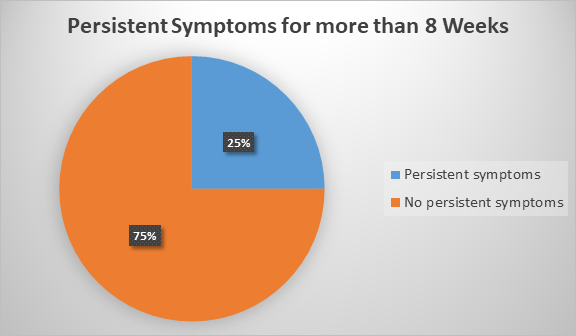
Based on 64 000 pregnant women worldwide with suspected or confirmed COVID-19 which are reported prior to 29 November 2020, the frequent symptoms & less frequent symptoms are as below:


Meanwhile, based on 594 symptomatic pregnant women in the same group, one-quarter had persistent symptoms 8 or more weeks after onset.

COVID-19 and Preterm Birth
Symptomatic maternal COVID-19 is associated with a two to three times greater risk of preterm birth, principally from iatrogenic preterm birth. The PregCOV-19 Living Systematic Review13 estimated the risk of preterm birth at approximately 17%. Most of these preterm births (94%) were iatrogenic (spontaneous preterm birth).
In the initial UK Obstetric Surveillance System (UKOSS) study, the median gestational age at birth was 38 weeks of gestation (between 36–39 weeks of gestation).
Note: Gestation is defined as the time between conception and birth. Though we're focusing on human gestation, this term applies more broadly to all mammals. A fetus grows and develops in the womb during gestation.
Of the women who gave birth, 27% had preterm births: 47% of these were iatrogenic for maternal compromise and 15% were iatrogenic for fetal compromise.
Note: Fetal compromise of the fetus due to inadequate oxygen or nutrient supply. This can occur due to maternal, fetal or placental factors. At its most severe it may lead to neonatal brain injury or stillbirth.
For women with symptomatic COVID-19, 78% of preterm births were iatrogenic. Preterm birth is associated with perinatal mortality, but also with long term morbidity. It is the single biggest cause of neonatal morbidity and mortality in the UK, with about 7% of babies in the UK born preterm.
